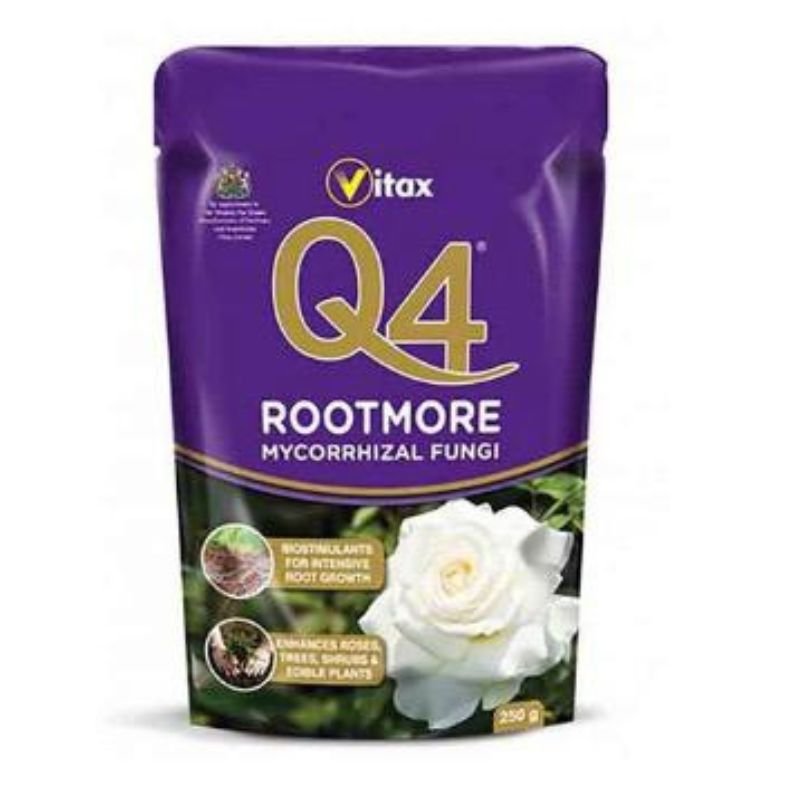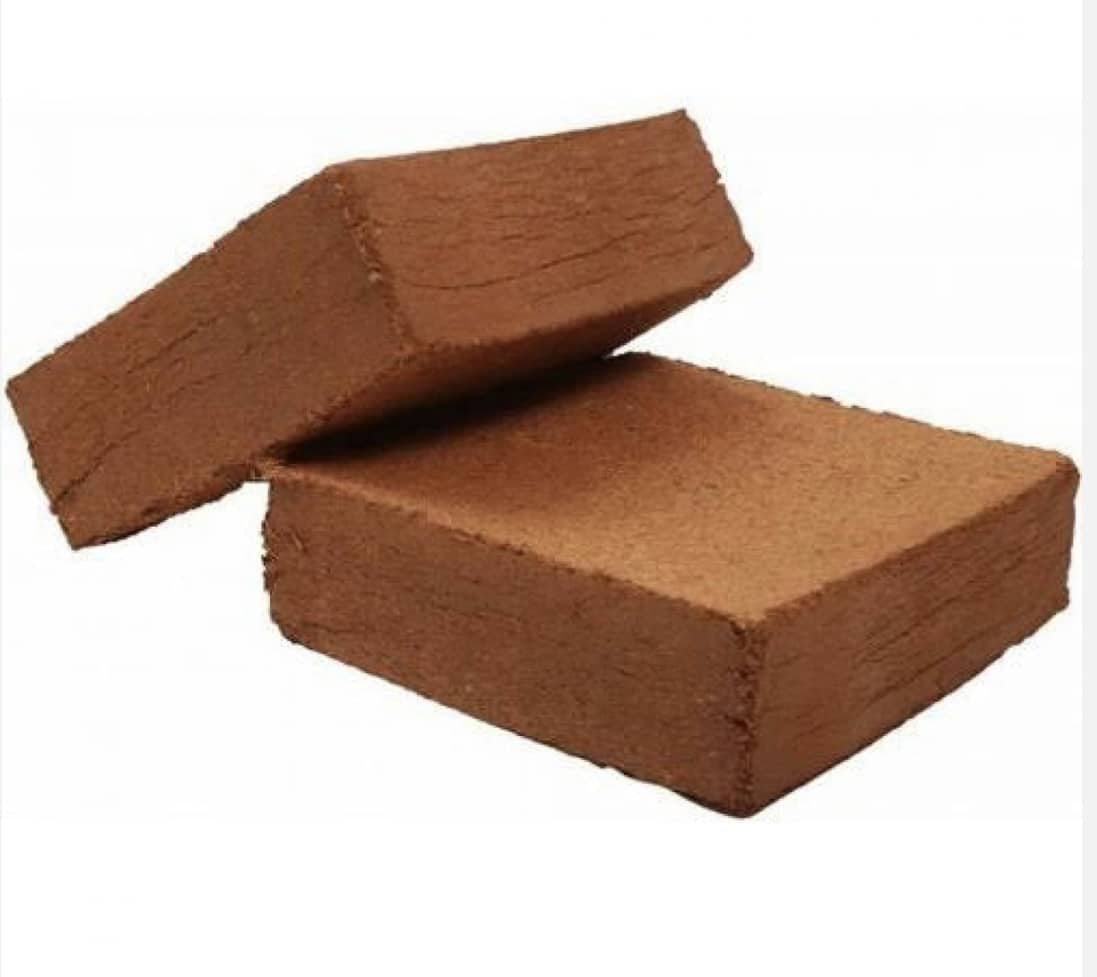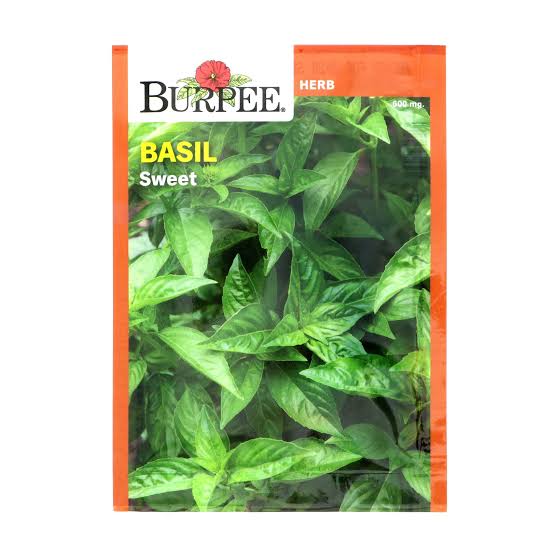Types of Fertilizer and How to Use them
One way to ensure that you get healthy and flourishing plants in your garden is to add fertilizer. All plants need nutrients to sustain growth and development and such things should be provided for in various stages of the plant’s life cycle. Any deficiency in macro or micronutrients present in the soil could lead to retarded growth or worse, plant death.

What is a Fertilizer?
Basically, a fertilizer is a substance or material that contains the chemical elements needed by the plant to sustain life. It may come in the form of organic or inorganic, natural or synthetic, and solid or liquid depending on its origin and purpose.
Fertilizers are incorporated in the soil to replenish the lacking nutrients that were already consumed by the plant. This is why fertilizer application is a periodic task that must be done by every gardener.
Types of Fertilizer
Two of the broadest categories of fertilizer are labelled as organic and inorganic. Each of them has their own fair share of advantages and disadvantages which we will further discuss in the following.
Organic
Organic fertilizers are the natural form of fertilizers that are produced from sources such as animal manure, composted organic materials (vegetable and plant waste), bone meal, blood meal, worm castings etc.
Generally, this type of fertilizer is slow-release, so it needs to be incorporated in the soil before the planting period. It can also be used to mulch around existing plants to feed the plant slowly as it breaks down further.
There are also some liquid organic fertilizers that can act quickly and provide nutrients for immediate uptake by plants.
Organic fertilizers are normally high in nitrogen and potash content.
Advantages of Using Organic Fertilizers
- Improves soil structure - Adding organic fertilizer in the soil improves its structure and texture, thereby, increasing the soil’s water retention and cation exchange capacity. It also helps improve aeration because it lessens the compactness of the garden soil used.
- Provides a home for beneficial microbes - Due to its high organic matter content, it helps feed the beneficial microbes in the soil. In turn, such microbes also help make nutrients more available to the plant for consumption.
- Sustainable - The use of organic fertilizers helps in the overall nutrient cycling of nature. By making use of the available nutrients that you can harness around your garden, you are practically recycling such nutrients for more efficient use.
- More economical - Recycling materials to produce organic fertilizers would help you save money. Just keeping a handy compost bin or a vermicompost house is already a big help. You will be able to get rid of your waste and turn them into fertilizer for your plants.
Disadvantages Of Using Organic Fertilizers
- Slow-release of nutrients - The nutrients packed in the organic fertilizers are not readily available. This means that a considerable time is needed in order to break down the organic materials before the plant can utilise the nutrients. If you want instant results, a better alternative would be liquid organic fertilizers.
- Time-consuming - If you are to produce your own organic fertilizers, it will take some time. Take for example in making compost, activities such as preparing the organic materials to regular monitoring, turning and then harvesting the compost will take months of work.
- Low Concentration of Nutrients - Because organic fertilizers need to be converted first by the soil bacteria and fungi in order to be usable to plant, the concentration of nutrients released are often dependent on the activity of these organisms.
- Inconsistent Results - Not all types of organic fertilizers will produce the desired results. It takes practice and experience to perfect the application of some types organic fertilizers and it requires your commitment as a gardener.
Inorganic
The other type of fertilizer known as inorganic fertilizer is a readily available fertilizer that we you can purchase from commercial garden/farm stores. They come in synthetic form (granular or liquid) and are usually sourced from mineral deposits.
Most inorganic fertilizers are composed of a number of nutrients in concentrated form such as nitrogen, phosphorus, potassium, sulfur, and other micronutrients. The available nutrients are often indicated in the label of the product.
Advantages of Using Inorganic Fertilizers
- Nutrients are Readily Available - Inorganic fertilizers do a quick fix especially if your plants are visibly malnourished. Once they are incorporated in the soil, they can be easily absorbed by the roots and work its way in the plant.
- Balanced Fertilizer - Because they are formulated, they have equal parts of fertilizers present. This makes it easier to compute the amount of fertilizer to be added based on what the soil actually needs. In organic fertilizers, it is difficult to be precise since we don’t have an idea about what nutrients are present and how much unless tested.
- Convenient to Use - It can be easier to apply inorganic fertilizers because they’re in processed form. Unwanted odors that are normally present in organic fertilizers are often eliminated.
Disadvantages of Using Inorganic Fertilizers
- Can Be Easily Leached - Since these nutrients are in its basic form for ready use of the plant, they can easily be leached out just by mere irrigation or watering. If not done with caution, a lot of fertilizers could go to waste and even cause pollution in the water bodies where they normally go.
- High Probability of Fertilizer Burn - Inorganic fertilizers are concentrated which means that if they’re applied in excess or too near to the roots, it could easily burn the plant. Some fertilizers need to be diluted according to instructions first before application.
- Produces Toxic Waste - The salts and other compounds present in inorganic fertilizers will build up through time. In return, the chemistry of the soil is altered leading to degradation. Overapplication of fertilizers is the reason why we are facing numerous environmental problems.
The decision on which of these fertilizers to use depend entirely on your personal choice as a gardener. What is important is for you to remember that fertilizers are applied only when necessary so make sure to use them appropriately and be mindful of its effects on the environment.











